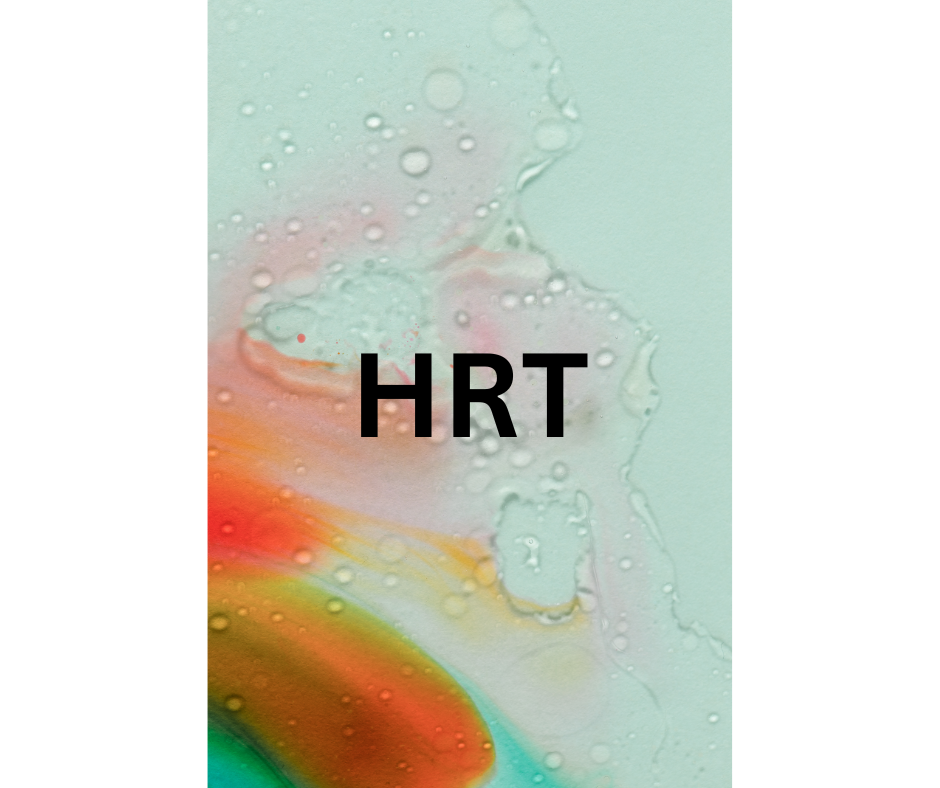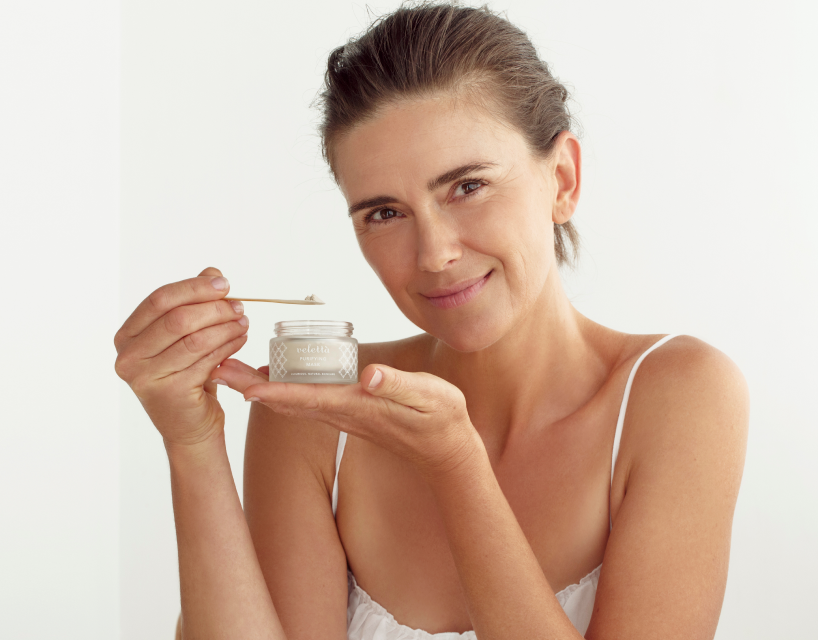Hormone Replacement Treatment (HRT) is a medical therapy that involves the use of synthetic hormones to supplement or replace naturally occurring hormones in the human body. It is primarily used to alleviate the symptoms of hormonal imbalances, particularly during menopause in women.
HRT has been a topic of both praise and controversy, with its benefits and risks closely scrutinised by medical professionals and researchers. This a big topic and a tricky one. But we thought it worthwhile to start with the basics so this is a beginner's guide to HRT, its benefits, potential risks, and its role in improving the quality of life for individuals experiencing hormone-related conditions.
HRT is predominantly used to treat the symptoms of menopause in women. During menopause, the production of estrogen and progesterone declines, leading to various uncomfortable symptoms like hot flashes, night sweats, mood swings, and decreased bone density. HRT can help mitigate these symptoms by restoring hormonal balance. Additionally, it may protect against osteoporosis and reduce the risk of cardiovascular diseases in some women. Furthermore, HRT has also been employed to alleviate the symptoms of andropause in men, which is characterised by decreased testosterone levels leading to fatigue, decreased libido, and mood changes.
Despite its benefits, HRT has been a subject of controversy, particularly due to certain associated risks. Studies have shown a potential increase in the risk of breast cancer, blood clots, and cardiovascular diseases in some women undergoing long-term HRT. Therefore, it is crucial for individuals considering HRT to consult their healthcare provider, undergo a thorough evaluation of their medical history, and discuss the potential benefits and risks based on their individual needs and health status.
It is essential to note that HRT is not a one-size-fits-all approach. There are different types of HRT, including estrogen-only and combined estrogen-progestin therapies. The treatment choice should be based on individual factors such as age, medical history, and the presence of a uterus. In recent years, there has been a shift towards personalised and lower-dose hormone therapies to reduce the risks associated with HRT.
HRT has been a significant medical intervention in managing the symptoms of menopause and has the potential to enhance the quality of life for individuals experiencing these conditions. However, it is not without risks; careful consideration and personalised treatment plans are crucial.
As medical research advances, the field of HRT continues to evolve, aiming to strike a balance between its benefits and potential risks. To make informed decisions, individuals should collaborate closely with their healthcare providers and stay updated with the latest research findings in the field of hormone replacement treatment.
We suggest everyone follows the Zoe podcast, which has a wealth of information about HRT and health and wellness. Of particular note is a May 2023 podcast about HRT, which is really worth your time.




